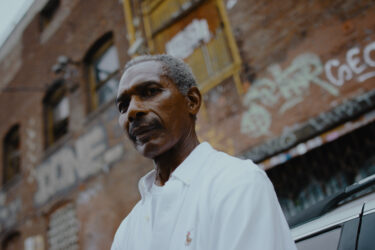We know we need more supportive housing and we have the resources to build it, but there are a number of policies and regulations slowing us down—things like parking requirements and prohibitive density restrictions.
But last week, L.A. City Council moved decisively to cut the red tape and make it easier to build the housing we need. The Council approved two new ordinances, the Permanent Supportive Housing Ordinance and the Motel Conversion Ordinance, which ease the restrictions on certain types of housing. More specifically, the first measure allows modestly sized supportive housing that meets certain criteria to skip parking requirements and contentious public hearings. The second measure simplifies the conversion of unoccupied and dilapidated motels into supportive housing.
These two ordinances would not have passed without strong public support. However, not everyone sees eye-to-eye with us, and harmful regulations have their defenders. In Council meetings, the “not in my backyard” (NIMBY) crowd, which tends to be a lot louder than it is large, demanded veto power over every new development and complained that their property values might fall (despite evidence to the contrary).
Fortunately, we came in numbers and managed to overcome the prejudice of the NIMBYs. We called, tweeted, and wrote letters to our representatives to show our support. More importantly, we showed up: Over 100 supporters went to the first committee meeting where the ordinances were being discussed. That advocacy was in addition to the Angelenos who spoke out, week after week, in the Neighborhood Council meetings where so much decision-making gets done.
The two new ordinances are a major victory and will make it cheaper and less time-consuming to build homes for the people who need them most. Roughly 200 additional units of housing will go up every year, with a total of 10,000 over the course of a decade, making a big dent in our homelessness problem. Because of you, we’re heading toward a more sustainable and compassionate future. We can’t afford to stop now. Everyone in.



